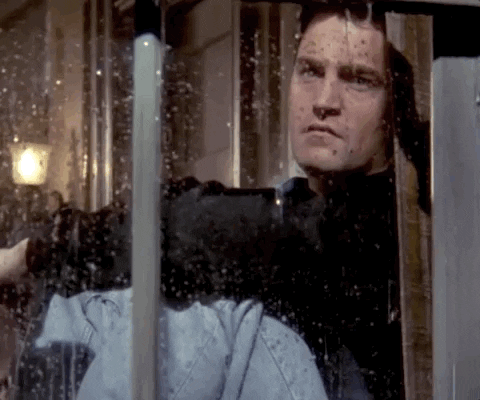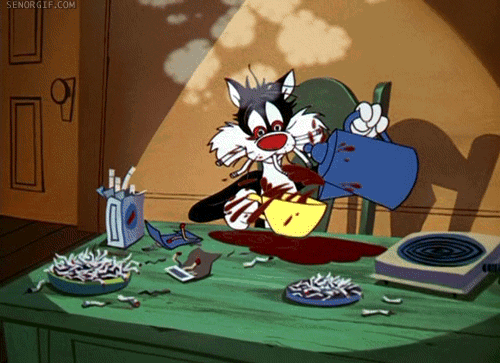What do you think?
Rate this book


107 pages, Paperback
First published February 25, 1937
"I ought to of shot that dog myself, George. I shouldn't ought to of let no stranger shoot my dog."I used to work with Special Education kids some time ago. And I have seen first-hand what Steinbeck describes in Of Mice and Men - the childlike vulnerability and innocence often combined with physical strength, just waiting for something bad to happen. The children we took care of - some of which topped my 5'3'' frame by a foot or so and outweighed me by a good hundred pounds (but despite that a few times I had to physically put myself on between them and a smaller child) - had, unlike Lennie, the society that is determined to protect them. They were luckier than poor George's charge. But I could not help but picture some of them, who have forever secured spots in my heart, in place of Lennie Small, feeling nothing but dread and sadness. Lennie, who is as innocent as one gets, and yet as much of a unwilling menace as one can be. And it was soul-crushing.
"You God damn tramp," be said viciously. "You done it, di'n't you? I s'pose you're glad. Ever'body knowed you'd mess things up. You wasn't no good. You ain't no good now, you lousy tart."And that's where this book lost stars for me. Curley's wife, the unwilling almost-antagonist/victim of this story. The woman who had no name except for the possessive one of her husband whose property - and therefore trouble for everyone else - she was viewed as. It seemed that she was the one getting the blame, not as much the crazy volatile husband of hers. After all, she *asked* for trouble, didn't she? At least that's the nagging feeling I got from this story, from the way her character was handled, from the way it was repeatedly stated that a 'tart' like her meant trouble for a man. Blame-the-victim mentality does not sit well with me, and I can't help but think that Steinbeck did that. .


I got you to look after me, and you got me to look after you, and that's why.
His ear heard more than what was said to him, and his slow speech had overtones not of thought, but of understanding beyond thought.















